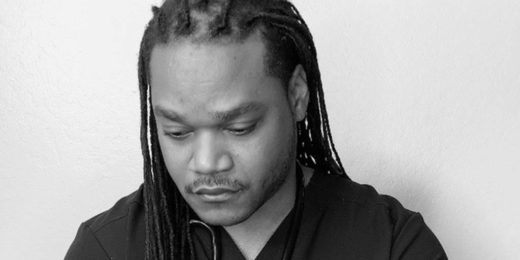A group of Black women work toward a peer navigation program to help other Black women survive breast cancer.
Category: Health Policy
Tackling typhoid, one finger prick at a time
Stanford infectious disease experts devise a way to use finger-prick blood samples from small groups to detect typhoid in large populations.
Preventing the next pandemic from entering the US
Stanford researchers recommend changes to a report that reviewed a national screening and quarantine program for travelers coming to the US.
Does free speech protect COVID-19 vaccine misinformation?
Stanford researcher discusses whether free speech rights fuel COVID-19 vaccine misinformation and how that misinformation can be stopped.
Fighting childhood infectious disease, lessons from COVID-19
Stanford Medicine pediatric infectious disease researcher describes her work in childhood infectious disease and lessons from the pandemic.
Report on opioids urges drug reform
Stanford researchers and colleagues issue a report detailing issues of the opioid crisis, including insufficient government policies.
Research explores how scammers take advantage of COVID-19
Pandemic con artists have exploited loosened regulations and people's fears to try to scam insurers and patients out of billions of dollars.
When it comes to legal cannabis, Canada’s doing it right
A Stanford Medicine researcher discusses the pitfalls of the cannabis legalization strategy in the US, pointing to Canada as a better model.
Kids fare better with early use of diabetes technology
Providing continuous glucose monitors to kids with new type 1 diabetes improves their blood sugar levels a year later, a Stanford study showed
Bill, supported by Stanford doctor, guards against hepatitis
A Stanford Medicine doctor helped write and support legislation to enable free hepatitis B and C screenings for those who request it.
Pandemic Puzzle: Health disparities and equitable recovery
In Stanford's Pandemic Puzzle virtual symposium, experts discuss medical and economic issues of the Covid-19 pandemic.
Breaking down anti-Asian racism during the pandemic
Anti-Asian racism during pandemic soars among Chinese Asian sub-groups, including Vietnamese, Japanese, and Korean Americans.
Uneven health care access stresses DACA families, study finds
Immigrants living in the U.S. without legal status are often reluctant to get medical care even when they have DACA protection, study shows.
A passion for saving lives, being a voice for health equity
Through his words, Italo Brown’s accomplishments and his actions as an advocate for equity in health care, he has embraced the challenge of rising to the name and its expectations.
Witness to Ebola, med student calls for more COVID-19 vaccines in Africa
Stanford medical student from Sierra Leone calls for urgent improvements in efforts to protect the people of African nations against COVID-19.
Racial, ethnic disparities in COVID-19 vaccination coverage
New research shows that 65% of people in the US will be partially vaccinated by July 4 — but for Hispanic and Black people, rates are lower.

















